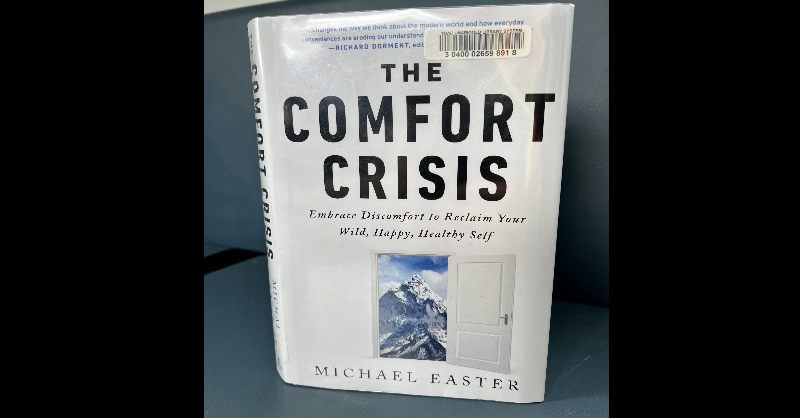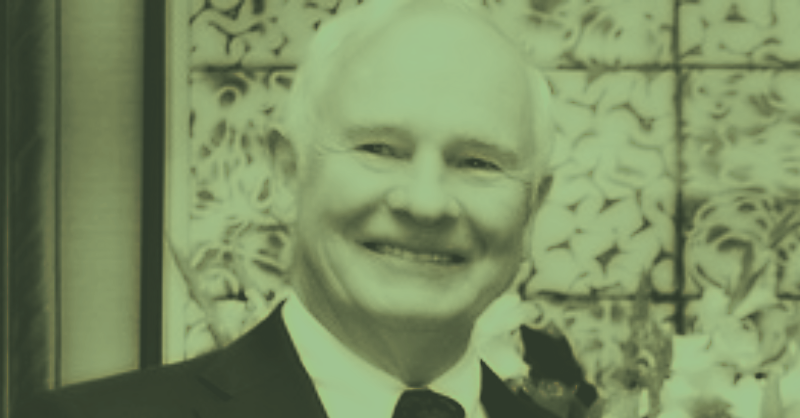“Keep your attention focused entirely on
what is truly your own concern, and be clear that what belongs to
others is their business and none of yours.” - Epictetus
In the world as it is, conflict is ever-present,
simmering just beneath the surface of even the most mundane
activities. But what if we all learned to mind our own business? What
if we let others go about their daily routines without interference,
without judgment, and without trying to control the outcome? The
world would probably be a better place if we all followed this simple rule.
The man on the street corner, usually eager to
share his political views with anyone who will listen, stays silent,
lost in thought. He ponders the state of his own life, the struggles
he faces and the things he can do to improve his own circumstances.
He looks up at the sky, and for a moment, he feels a sense of peace.
The driver on the highway, usually honking his
horn and yelling at other drivers, takes a deep breath and relaxes.
He focuses on his own driving, his own journey. He doesn't let the
actions of others dictate his behaviour. He arrives at his
destination feeling calm and centred.
The coworker who always seems to be in everyone's
business, nosing around and gossiping, stays quiet today. She focuses
on her own work, her own goals. She realizes that her nosiness is a
reflection of her own insecurities, so she decides to work on
building her self-confidence instead.
The politician who boils with anger over what is said about him on social media and immediately looks at censorship as a solution, then takes a moment to realize it doesn't matter and that punishing everyone isn't a reasonable solution. He sits back, takes a breath, ignores the noise, and decides to focus on offering solutions that would make life easier and better for everyone.
Consider the simple act of grocery shopping. So
often, we get caught up in what others are buying, or how they're
behaving in the store. We make assumptions about their lives, their
families, and their financial situations based on how they dress and
a few carts full of food. But what if we just minded our own business
and focused on our own needs?
Or think about the office. How many times have you
gotten involved in a coworker's problem, trying to offer advice or
solutions when all they really needed was to be left alone? We
interfere in the routines of others, trying to control the outcome of
their problems, when what they really need is space to figure things
out on their own. If we all just minded our own business, the office
would be a much less stressful place.
And what about our personal lives? How often do we
get caught up in the drama of others, trying to be a support system
and to dig up and find as much information about others as we can,
when what we really need to do is focus on our own lives and our own
struggles? If we all just minded our own business, we would have more
time and energy to devote to the things that truly matter to us.
We have become a society consumed by the desire to know
everything about everyone, to the detriment of our own well-being and
the well-being of those around us. The constant need to be connected,
to hear the latest rumours, to have the latest news and updates, has
led to a culture of nosiness and over-involvement. We're bombarded
with information about our friends, family, neighbours, and even
strangers, and we cannot help but feel the urge to comment, judge,
and interfere. But this interference is not always welcomed and it
can lead to conflict and strained relationships.
One of the most obvious examples of this is the
way we treat our daily routines and activities. We are constantly
interrupted by notifications, messages, and calls that demand our
attention—even when we are simply trying to get work done or relax.
We are no longer able to focus on our own tasks and we become easily
distracted by the lives of others.
How about when we see what others have, then
complain about the lack of fairness because we don't have the same
things. What if we understood that fair is not always even, and even
is not always fair. The very act of spying the fortunes of others and
admonishing their success is the act of minding their business rather
than our own. If we stopped and focused solely on our own goals and
ambitions, wouldn't that eliminate most of our anxieties and feelings
of inadequacy?
What if we were to take a step back and
consciously choose to mind our own business? What if we were to
recognize that our own well-being and happiness is not dependent on
the actions or choices of others? What if we were to let go of our
need to constantly compare ourselves to others and focus on our own
journey?
Maybe, by minding our own business, we could avoid
conflict and create a more peaceful and harmonious society. We could
learn to respect each other's boundaries and allow each other the
freedom to live our own lives. From that, our differences would be
less known. The differences that would normally cause conflict could
be more easily ignored. This would only work if we all followed this
same rule.
This rule would apply to all spectrums of existence; from geopolitical conflicts to social policy. When exercised by the antagonists and protagonists alike, it would end most conflicts.
In short, by minding our own business, we could
create a world that is more focused on personal growth and
fulfillment, rather than on the lives of others. We could learn to be
more self-aware and introspective, and to cultivate a sense of inner
peace and contentment. We can all start now by putting down our
phones, ignoring unimportant calls, shutting down gossip and spending
more time with our kids, spouses and families. These are the first
and most important steps in learning to mind our own business.























